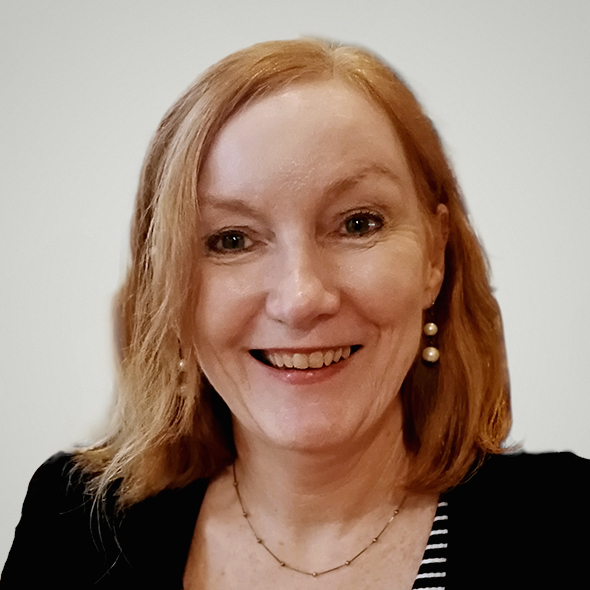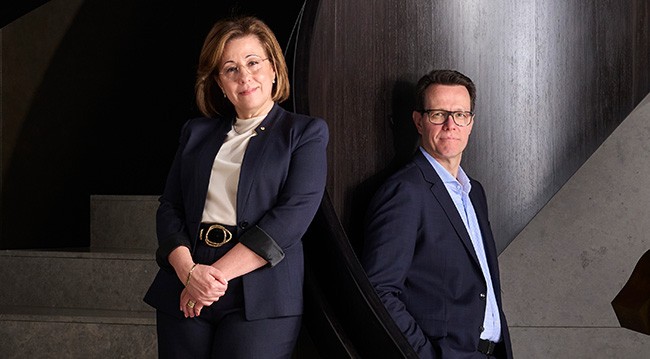As we head into the new year 2025, we wrap up this year with a list of the AICD’s top 10 articles. In a year that saw governance hit the headlines for companies such as Qantas, Nine Entertainment and WiseTech Global, ASIC also stepped up its scrutiny and action on issues such as greenwashing and cyber security. The hot topics that had directors seeking information and advice included NFP remuneration, advisory boards, insolvencies and board dysfunction. So, here it is - your top 10 list of ’24.
Debate on paying NFP directors gains traction
The question of whether to remunerate directors within the NFP sector is gaining traction as governance complexities escalate, cost-of-living pressures rise and board composition diversifies. While the AICD’s 2023–24 NFP Governance and Performance Study showed 21 per cent of not-for-profit (NFP) directors are now remunerated — up from 14 per cent five years ago — most remain unpaid.
Insights from the Qantas governance review
The recent Qantas board governance review shone a light on key challenges at Australia’s national carrier and offers valuable insights for Australian directors. The review made recommendations across matters including board effectiveness, people and culture, risk, and stakeholders. We unpack the key lessons for boards.
Why Australian organisations are turning to advisory boards
In line with global trends, more Australian organisations are appointing advisory boards to help them explore complex risks and opportunities, and to provide guidance and knowledge to their management or board.
Recognising the warning signs of board dysfunction
What are the warning signs of board dysfunction and what can be done to deal with the problem? At an AICD panel — Inside the Boardroom: Solving board dysfunction — directors discussed the most common red flags they have experienced across corporate and NFP boards and explained interventions they have used to mitigate or overcome such behaviours.
Corporate insolvencies rise in Australia
Corporate insolvency rates are rising in Australia and rose further over the 2024 calendar year, reflected in figures from ASIC. Here we spoke to experts on what boards and directors can do to prevent insolvency and how to also look at the process of safe harbour which can be used if a company falls into distress.
Navigating risk in the D&O insurance
If there’s one constant in D&O insurance cover, it is change, with directors’ needs increasing and competition ramping up.
Seven ways to build your digital director profile
A strong online presence is not just an option in today’s business world, it’s a necessity. It can establish a director’s thought leadership influence while opening doors to new opportunities. But knowing how to build and maintain your profile takes time and effort. We spoke with founder and CEO of ThinkTank Social (TTS) Samantha Tait about how to stay ahead of the competition using your digital director profile.
Directors on notice to act on positive duty
How are boards responding to new positive duties to rid workplaces of sexual harassment, sex discrimination and victimisation? Research by the AICD, Australian Council of Superannuation Investors and Australian Human Rights Commission shows there’s much to do for company directors to get on top of the new duties. The report, Positive Duty: preventing and responding to workplace sexual harassment — insights from Australian directors, shows experienced directors recognise the need to move beyond mere regulatory compliance to drive meaningful cultural transformation.
New era for the Australian Sports Commission
In 2021, Australian Sporting Commission (ASC) chair Josephine Sukkar AM AAICD was convinced Kieren Perkins OAM could pioneer a new era for sport as the ASC’s next CEO. was worried about. This year, on the eve of the 2024 Paris Summer Olympics and Sukkar’s retirement from the commission, the chair and CEO both reflected on how a relationship borne of shared values has helped the organisation redefine Australia’s sporting culture from winning at all costs to winning well.
How directors can create psychologically safe environments
Preventing psychological harm is an essential part of creating a healthy and safe workplace, due to changes to work health and safety (WHS) regulations. The model WHS laws now include regulations on psychosocial hazards. The changes, made in April 2022, were recommended by the 2018 review of the model WHS laws conducted by Marie Boland, now CEO of Safe Work Australia. She explains that the new regulations have the same obligations for directors as those regarding physical risks.
Latest news
Already a member?
Login to view this content












